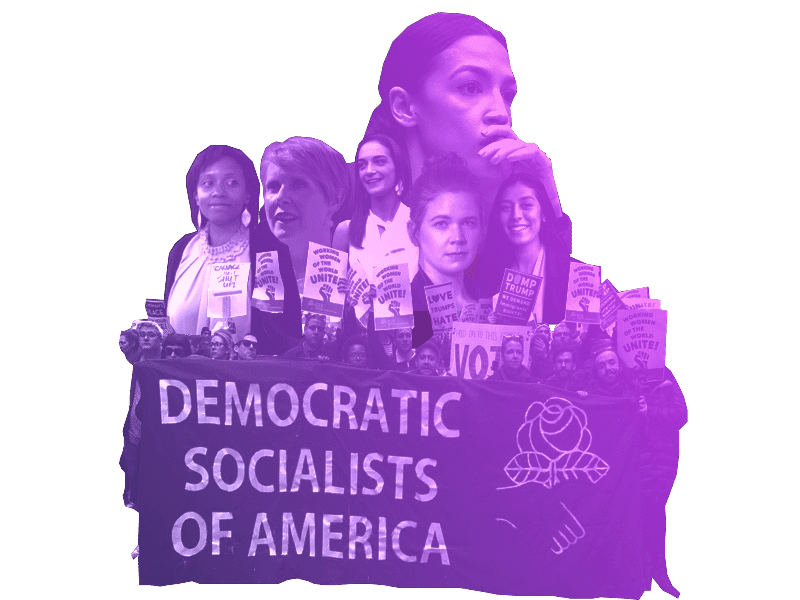Gender inequality is a necessary condition of capitalism, so this International Women’s Day join a trade union
Ellie Mae O’Hagan
Writer | Guardian UK
The chair of the Institute of Directors, Charlotte Valeur, has used International Women’s Day to criticise FTSE 350 companies for not making enough effort to recruit and promote women and minority-ethnic directors. Scrolling through the list of FTSE 350 companies, one will find brands such as HSBC, which was fined £1.4bn for helping drug cartels launder money in Mexico; Sports Direct, where workers have been exploited to the extent that one woman gave birth in the toilets; and G4S, a company so mired in scandal that it has an entire Wikipedia page dedicated solely to the amount of controversies it has amassed. If a company behaves terribly but its director is a woman, is that still feminism?
The reality of women’s work across the world is not that we’re duking it out to see who can make partner first: it’s exploitation, low pay and precariousness. Sexism is bad everywhere, including in boardrooms, but feminism must exist to improve the lives of the majority of women, or it is worth nothing. Valeur may get her wish for more female directors in the FTSE 350, but it makes little difference to the world unless those women use their new power to fundamentally alter the relations between women and capital.
I thought about this too during the explosion of the #MeToo movement. When debating the allegations
What is World Federalism?
World Federal Government (WFG)


THE SAN FRANCISCO PROMISE
Click to Learn More
against men like Harvey Weinstein and Philip Green, there was acknowledgment that women often tolerate sexual assault and harassment because of the immense power wielded by the men who mete it out. But there was little discussion around the obvious economic measures that might make it easier for women to leave these kinds of workplaces, or take action against their bosses: measures such as a robust welfare state, stronger trade unions, universal free childcare, better pay and secure affordable housing.
If this sounds like socialism, it’s because it is. Only by diminishing the power of the boss class, and giving female workers more access to collectively owned social goods, can we ensure that no woman is forced to choose between sexual and economic exploitation, and poverty. Inessa Armand, the Bolshevik revolutionary who was responsible for allowing Soviet women to divorce, have abortions, participate in politics and access childcare knew that only fundamental change to the economic system could make life better for women. “If women’s liberation is unthinkable without communism, then communism is unthinkable without women’s liberation,” she argued.
Among the hashtags and vacuous corporate slogans that now flood International Women’s Day, it’s easy to forget that it was first celebrated 110 years ago by the Socialist Party of America to honour the New York garment workers’ strike, which had been held by female workers a year earlier.
Eight years after the first International Women’s Day, female revolutionaries in Russia effectively overthrew the tsar with a series of protests and strikes, which also won them the right to vote. It’s not novel to tie socialism and feminism together: they are inextricably linked as movements, and always have been.
Solving Global Problems
We can work together to make the world better
Of course, it’s complacent for any socialist to argue that ending capitalism will simply erase sexism from existence. Gender inequality may be a necessary condition of capitalism, but it is maintained by culture. Sexism persists because it is propped up by a deep-rooted set of beliefs and stereotypes that imagine women as inferior. These won’t be forgotten overnight by changing the economic system; they must be actively taken on and defeated – and that fight must be led by women themselves. But understanding this makes socialism even more necessary: because women can’t fight against sexism as a whole if they’re too busy trying to keep their heads above water in an economic system that exploits them. Just as gender inequality is a necessary condition of capitalism, socialism is a necessary condition for the genuine liberation of the majority of women.
So, today, let’s honour the women in our lives, celebrate our own strength and wear our favourite feminist T-shirt (I’m writing this in mine). But maybe let’s join a trade union and debate the economy too. Happy International Women’s Day. Up the workers.
Paths to a World Federation
There are many paths to a better world, but they all meet at world federation
Original Publisher
Reader Supported NewsEllie Mae O’Hagan is a freelance journalist writing mainly for the Guardian. Her first book, on the sweeping changes in politics, will be published by 4th Estate in 2019. She tweets @MissEllieMae
DWF News




